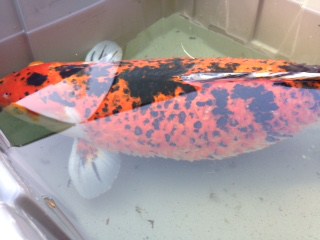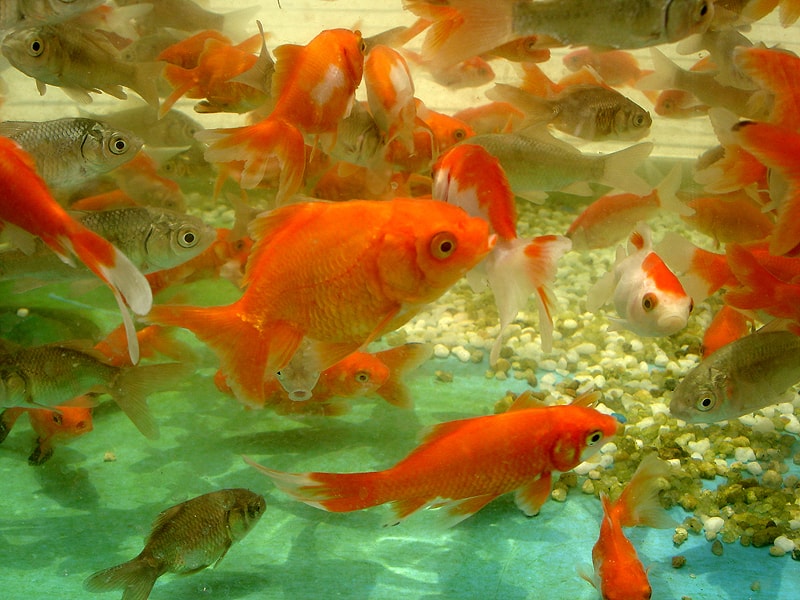Do fish pee? You bet they do! Fish do pee, but since they live in water, seeing a fish pee is not a common occurrence. Depending on if they live in freshwater or saltwater, your fish may pee a lot or just a little. Thankfully, their hardworking kidneys are ready to help them no matter where they live. Read on to learn all about the answer to “do fish pee?”
How do fish pee?
Fish pee the same just as you and me. Fish kidneys, usually tucked above their swim bladder, are responsible for filtering out all the bad things in their blood and peeing them out into the water. In fish, some products are actually pushed out through a similar fashion in the gills. Fish kidneys are also the site of hematopoiesis, or the manufacturing of blood cells, since they do not have bone marrow like humans, cats and dogs. Half of the kidney is focused on filtering blood and the other half makes blood cells, usually divided into a cranial and caudal kidney.
Since they live in water, most fish will pee a little bit almost constantly. Most fish do not have urinary bladders that store pee until it’s safe to let it leave the body. They just go whenever they feel like it!
How much do freshwater fish pee?
Freshwater fish pee A LOT!! Since freshwater fish are more dense than their surroundings, water is constantly moving into their bodies through passive diffusion. If that water stays in your fish, they will puff up like a pinecone. This is a common clinical sign of kidney and/or gill disease known as “dropsy.” Thankfully, health kidneys and gills work hard to remove the excess water, which results in a LOT of pee.

How much do saltwater fish pee?
The exact opposite from freshwater, saltwater fishes are in an environment more dense than their bodies, so they are constantly trying to hold onto water. This causes the to pee very little and super filter their urine to try and keep water within their bodies. Marine fish are very particular about their salinities, so be sure to keep a close eye on your salt levels.
How much do brackish fish pee?
Brackish fish, in between saltwater and freshwater environments, having a very low, but notable, salinity, fall right in between the two groups, leaning more towards the saltwater fishes. Many brackish water fish are subjected to wide variations in salinity, so they must be highly adaptable to various external pressures.
Do I need to worry about my fish peeing too little or too much?
Since you cannot see your fish peeing, it is not something we commonly look for in any of our diagnostics. Other signs of kidney or gill function can be more easily assessed through biopsies and physical exams with ultrasounds. In freshwater fishes, additional water caught between the skin and scales can cause your fish to puff up like a pinecone. This is known in the hobby as “dropsy” and is not an actual disease. It is simply a sign of kidney or gill distress which can come from many different illnesses.
Is fish pee dangerous to humans and other pets?
Absolutely not! Since they live in water, fish pee is instantly diluted and is 100% safe if you are swimming in an area where fish a present. However, we strongly recommend that you do NOT drink your tank water, for several reasons. If your cat or dog drinks your pond or tank water, provided it is not saltwater and does not contain any water-based medications, your pets should be just fine.

